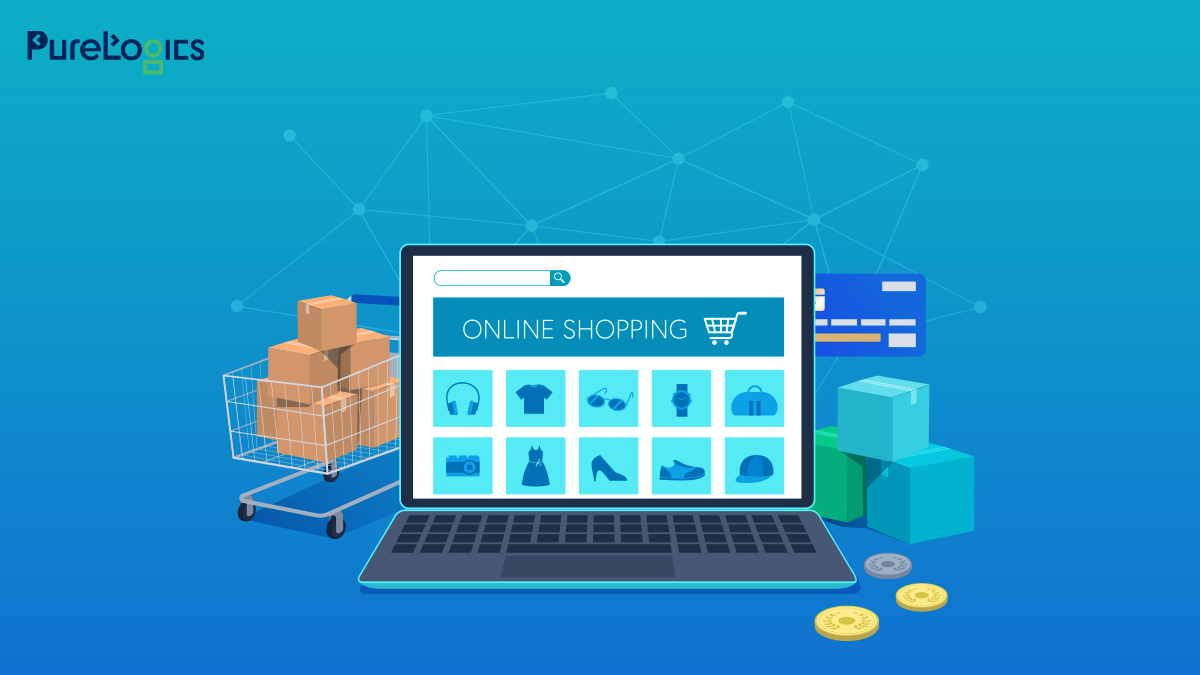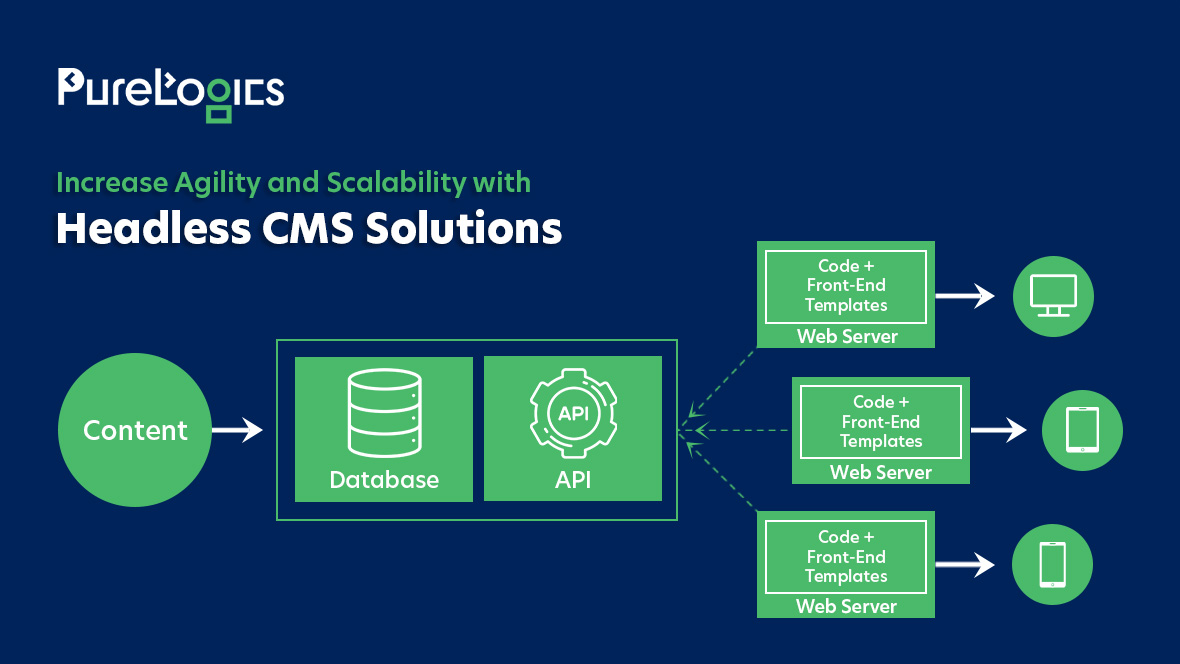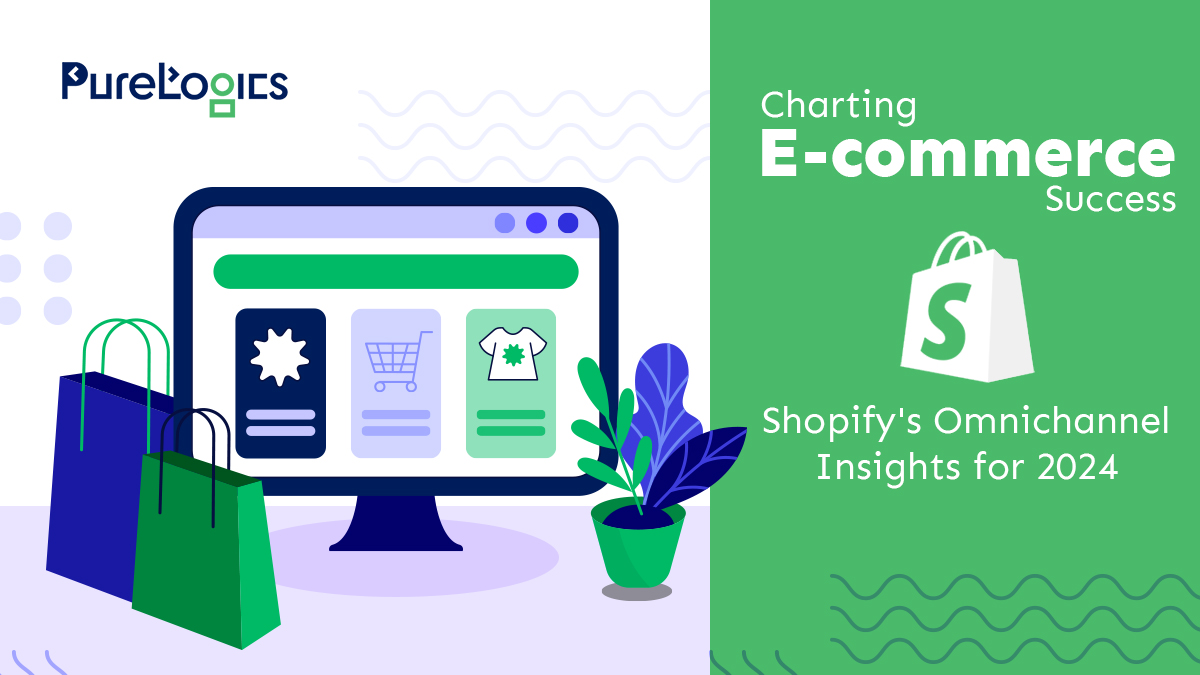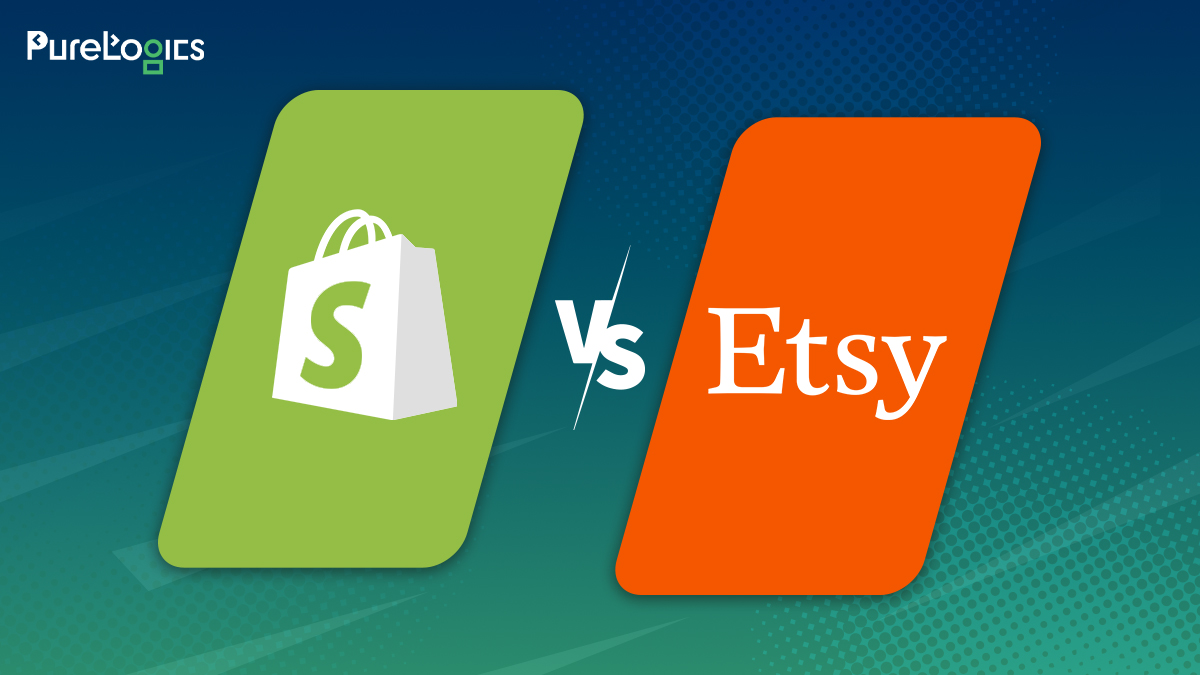Here we are again with our weekly dose of tech juice. The focus is again on eCommerce and the comparison of the available platforms. This article will help you choose a platform for your online shop and compare the features of e-commerce platforms from different manufacturers to meet the needs of your organization and the specific industry in which you work.
HOW TO CHOOSE A PLATFORM FOR AN ONLINE STORE?
Choosing a platform for online store:
It is not just about the comparison of e-commerce systems in the market, it’s a thorough analysis of Web platforms from different vendors, and evaluation of the finished e-commerce applications on a variety of parameters.
The first step is to assess how efficient the online store will be in terms of (traffic, conversion, in depth view of the site) and business (plans to develop online channels of commerce and financial institutions if possible).
The requirements of the future online store in the planning stage will depend on:
Budget of the project, website functionality, scalability and flexibility of the system, the timing of project development costs, licensing costs, maintenance costs and the development of online shopping in the future, etc. .
Compare platforms for Internet shop (e-commerce) is performed on the following parameters:
- Functionality
- Flexibility
- Scalable architecture
- Technical capabilities for processing large data sets
- Flexible data management
- Implementation time
- Complete industry-specific applications / settings / modules
- Software costs (licenses)
- Cost of services of development and implementation
- Quality of technical support
- The possibility of development through upgrades.
- WHO leads the market with a platform for an online store?
Here is a brief introduction of the most popular platforms that are being used to build online stores:
Magento Community Edition:
You may have heard about Magento Enterprise Edition – the flagship e-commerce platform, which is used by the Samsung and Nike, and which costs about $ 16,000 per year. If you want to get a significant part of its functions, but you can use Magento Community Edition for free.
The platform has a lot of functions, many of which are not available in other open-source platforms. For example, you can manage multiple stores, select different languages and offer payments in multiple currencies.
This is one of the best CMS for an online store, besides, it is constantly developing new plugins and extensions. This is one of the reasons that Magento is often considered by many as the main platform for e-commerce, present in the market.
The biggest drawback of Magento is the result of one of its main advantages: its community is so vast that it is difficult to navigate. You spend a lot of time learning all the intricacies of the system, and it turns out that to understand all this, you need to be a technical guru.
While Magento Community Edition is free, there are many plug-ins and extensions that you need to buy, and eventually you will spend a lot of money on them.
OpenCart:
OpenCart is especially popular with small business owners who do not have a staff of employees with programming experience. It’s pretty simple platform that does not contain a large number of additional functions, like other solutions. But it has its advantages, as less complexity means ease of use.
To truly unlock the potential of this popular CMS for online stores, you need to be a programmer, which will help to correct the code. You can also choose from a variety of different plug-ins that allow you to make the setting more flexible site.
Another nice feature associated with the simplicity of OpenCart, is that the platform will not ship the server.
The biggest drawback OpenCart is the fact that it is heavily dependent on plug-ins. You may experience compatibility issues with various plugins or need an update that will never appear. With OpenCart you put yourself in a position where forced to rely on the mercy of the developers of plug-ins is much more than with other solutions.
WooCommerce:
This solution is widely regarded as the main platform of e-commerce open source software for WordPress. WooCommerce boasts a large and growing community of users. Full integration with WordPress greatly simplifies installation and management.
WooCommerce – is an attractive choice CMS for online shops seeking to meet the needs of customers who use shopping tablet or smartphone. The platform allows even create a mobile app for your store (assuming the installation of special supplements).
For those who are already using WordPress, scalability offered by WooCommerce, making this platform is particularly attractive. But the majority of e-commerce solutions are chargeable.
Shopify
Shopify is one of the most popular tools for online sales. It is popular among small businesses, which are its target audience. One reason for the success of Shopify is the availability of the app store to expand your online store. Shopify offers hundreds of applications, more than any other competitor.
Shopify also provides a reminder function for sending reminder emails to the buyer if they filled a basket, but did not complete the purchase. Unfortunately, this feature is only available in the paid mode, from $ 79 per month and above.
Here are a few more pros:
- The number of exhibition is not limited.
- Easily compatible with the model of direct delivery, shipping companies, centers complete supply cycle;
- Mobile applications are designed to make payments, and manage your store;
- Point-of-sale system lets you make payments in your physical store;
- Shopify Experts offer help in the creation of the store.
- The monthly fee is $ 29 to use the most important functions, or $ 14 a month with a limited initial plan of the store.
Click Here to Read About: Shopify, Magento, WooCommerce: Which One Is The Best?
BigCommerce
BigCommerce is one of the most popular online services from the category of “top million sites,” which means popularity among small and medium sized online shops. Magento began its journey as a software product developed in Interspire, but its popularity has increased after the addition of hosting services.
While the price seems quite comparable with Shopify, there are a few more functional features. For example, a package of $ 29.95 includes: establishing a function of the delivery quotas in real time, gift cards and clock telephone support line, chat, e-mail.
The best part is the price that you will not have to pay more than $ 79.95 for the Gold Plan. With it you get an unlimited number of products, storage and bandwidth.
Other Important Benefits Includes:
- Certificate of Google as a proven online resource.
- Help to increase sales.
- Easily compatible with eBay, Google Shopping and other services.
- Prices start at $ 29.95 per month with almost all the features, and $ 79.95 with unlimited possibilities.
Volusion
Volusion is another very common platform. Its popularity covers all scales: from the top 10 to 00 sites larger indices.
This is the “cheap” online resource, as its services starting from 15 $ per month. It has everything you need for a first experience in online commerce: the maximum permissible 100 product units and 1 GB of memory. Simply put, you get the necessary set of services in order to start a business. In terms of Pro, you can try some professional services for $ 75 a month.
You Will Get:
- Built-in loyalty program (MyRewards).
- Built-in option transaction of the day.
- Compatible with eBay and Amazon.
Etsy
I would like to finish this list with something completely different, different from all previous platforms. If you need to sell vintage items, handmade products or stationery audience of millions, then get acquainted with Etsy.
Etsy allows you to submit specific products so that they riveted the attention of your target audience is.
You get a lot of ways to present themselves and their products. Buyers can select your product from the rest or ask you questions. Despite some shade “of the market in a small town,” here earn serious money. Pay attention to the views of the product here.
You Will Get:
- Plenty of opportunities to turn your own brand goods.
- Access to 30 million users.
- Professional design.
- Payment: 3.5% per transaction and a one-time payment of $ 0.20 each exhibition goods.
How To Choose Partners to Develop an Online Store?
When comparing e-commerce platform for online shopping, it is also important to assess the integrator and not make a mistake in choosing a contractor for implementation. The most important criteria for evaluating a partner are developing experience, industry expertise, availability of successful projects from your segment, as well as recommendations from the consulting company and software vendor clients
Have something to add to this article? Drop a comment in the comments section. The writer loves meaningful discussions.


 [tta_listen_btn]
[tta_listen_btn]
 October 7 2016
October 7 2016






